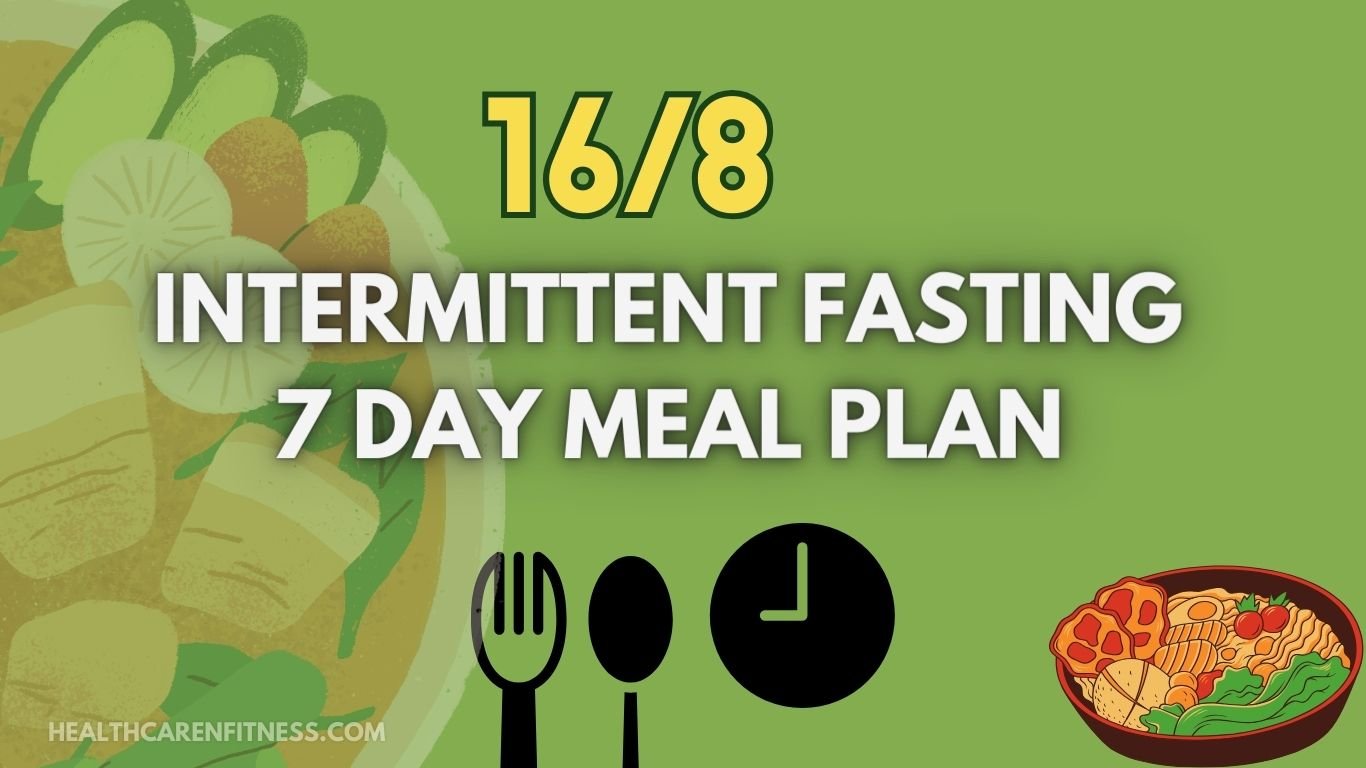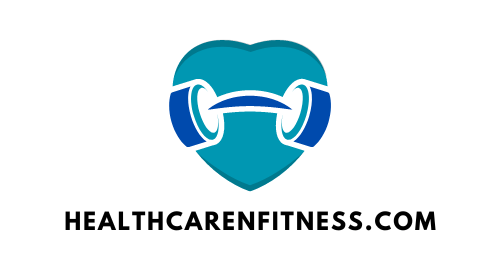
Are you looking to improve your health, shed a few pounds and feel more energetic? Then get on the intermittent fasting bandwagon, especially the popular 16/8 intermittent fasting 7 day meal plan method. This involves splitting your day into 16 hours of fasting and 8 hours of eating, potentially increasing your well-being. Buckle up as we explore this approach to fasting, delve into a 7-day meal plan to get you started, and answer all your burning questions about this trendy lifestyle change. Let’s reveal the potential of intermittent fasting together!
16/8 intermittent fasting 7 day meal plan
Here is a sample 7-day meal plan for the 16/8 intermittent fasting:
Day 1:
- 12:00 PM: Start your day by Breaking your fast with a healthy salad topped with grilled chicken, tofu or paneer.
- 3:00 PM: Have a snack that includes nuts or a piece of fruit.
- 6:00 PM: Take a balanced dinner which includes lean protein, vegetables, and whole grains.
Day 2:
- 12:00 PM: Starting with a oatmeal bowl topped with berries and nuts.
- 3:00 PM: Take a Greek yogurt or a protein shake.
- 6:00 PM: At dinner, cook a salmon fillet with roasted vegetables.
Day 3:
- 12:00 PM: Have a vegetable omelet with whole wheat toast.
- 3:00 PM: Have carrot sticks with hummus as snacks.
- 6:00 PM: Prepare a stir-fry with tofu or shrimp and a variety of vegetables.
Day 4:
- 12:00 PM: Break your fast with a quinoa salad loaded with vegetables and chickpeas.
- 3:00 PM: Enjoy a handful of nuts or a protein bar.
- 6:00 PM: Cook a chicken breast with a side of steamed broccoli and brown rice.
Day 5:
- 12:00 PM: Have a spinach, banana, and almond milk blended smoothie.
- 3:00 PM: Eat a hard-boiled egg or a cheese stick.
- 6:00 PM: Turkey chili with beans and vegetables, should be good for dinner.
Day 6:
- 12:00 PM: A whole grain wrap filled with grilled vegetables and lean protein.
- 3:00 PM: Have a serving of Greek yogurt with honey and granola.
- 6:00 PM: Cook a lean steak with a side of roasted sweet potatoes and asparagus.
Day 7:
- 12:00 PM: Break your fast with a spinach salad topped with grilled shrimp or tofu.
- 3:00 PM: Snack should include some almonds or a piece of dark chocolate.
- 6:00 PM: Dinner with grilled fish, steamed vegetables, and quinoa.
What are the benefits of 16/8 intermittent fasting?
16/8 intermittent fasting 7 day meal plan, has various benefits that make it an attractive option for many people:
1. Helps with Weight Loss:
The 16/8 fasting method, in which you limit food to an 8-hour window each day, is a popular choice for weight loss. The simple method, by limiting the time spent eating, you naturally consume fewer calories throughout the day. This creates a calorie deficit, meaning your body burns more calories than it takes in, eventually leading to weight loss over time.
2. Improved Insulin Sensitivity:
Skipping meals occasionally, known as intermittent fasting, might actually help your body use insulin better. This is key to keeping blood sugar levels stable and avoiding problems like insulin resistance, which can contribute to diabetes.
3. Energy Booster:
Many people say they feel more energetic with the 16/8 fasting plan. During the 16-hour fasting window, your body takes a break from digesting food and can actually use that energy for other important things, making you feel more alert and ready to take on the day. It’s like giving your body a mini vacation, but instead of beaches and cocktails, you get a boost of energy.
4. Easy Meal Planning:
Now don’t need to worry about intense meal plannings as 16/8 intermittent fasting helps you simplify by limiting your eating window. This makes it easier to stick to a healthy diet because you only need to focus on replenishing nutritious foods during those specific hours. It’s like hitting the “pause” button while snacking and letting your body do its magic between meals.
How much weight can I lose with 16/8 intermittent fasting in a week?
Your weight loss journey with 16/8 depends on various factors:
- Weight loss varies: Weight Loss depends on factors like metabolism, food choices, and lifestyle all play a role.
- Don’t Rush: Aim for 1-2 pounds per week. Slow and steady wins the race.
- Eat Smart: During your eating window, choose nutritious foods to fuel your body.
- Staying hydrated: Water is your friend! Keep it flowing throughout the day.
- Exercising: Exercise helps boost results and overall health.
- Focus on well-being: The number on the scale isn’t everything. Feel good, feel strong.
You can also consume diet including millets for your weight loss journey. Now, if you keep a track on all of this on regular basis you would probably lose approximately 0.55 to 1.65 pounds for sure. It’s important to understand that healthy habits has a lasting impact on your body.
FAQ’s
Can I follow the 16/8 intermittent fasting every day?
While 16/8 daily intermittent fasting is generally safe, listen to your body and seek professional advice if you have pre-existing health problems.
Is 16/8 intermittent fasting suitable for everyone?
16/8 fasting is suitable for most of people, however consulting a doctor first is crucial, especially for people with existing health problems.
What foods to eat while on 16/8 intermittent fasting?
During 16/8 intermittent fasting, focus on nutrient-dense foods like lean proteins, whole grains, fruits, vegetables, and healthy fats to support overall health and well-being.
Can I drink water during the fasting period?
Yes, its important to drink water and stay hydrated during the fasting period. You can have herbal tea as well.
Conclusion
The 16/8 intermittent fasting 7 day meal plan can be an effective way to improve your health, lose weight, and boost energy levels. By following a balanced and nutrient-dense meal plan during your eating window, you can maximize the benefits of intermittent fasting. Always listen to your body, stay hydrated, and consult with a healthcare professional if needed. Start slowly and gradually adjust to the fasting schedule to find what works best for you.
